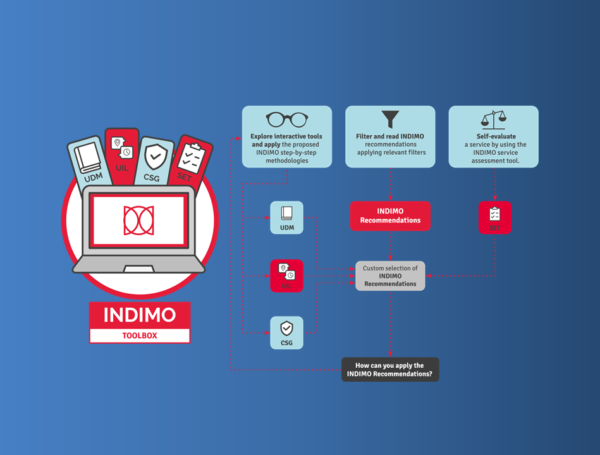By Michelle Specktor, senior researcher at Technion and Galilee pilot site leader,
The objective of pilot 3 was to co-create an inclusive, informal ride-sharing service in a rural area in the northern part of Israel (Galilee). It focused on women from the Arab ethnic minority, non-connected, and lacking digital skills as ride-sharing users.
An existing application (SAFARCON) was re-coded to be available on iOS and Android more efficiently. It implemented the front-end from scratch and selected short-term recommendations and long-term improvements (e.g., a safety button). Nevertheless, the pilot focused on two specific UDM recommendations to promote ride-sharing as an alternative for connecting women in rural areas. First, receiving the endorsement of the service from trusted organizations. Secondly, building an awareness campaign to stress the benefits of this service. Thus, the pilot count on the support of Kayan, a women organization, and conducted a promotional campaign close to the relaunch of the application date.
Kayan arranged workshops in Arabic where the users simulated the app and the service operation for both user roles, drivers and riders. 21 volunteers participated in these activities where Kayan provided them with guidelines for downloading the app, setting their user profile, simulating ride orders, trip changes, order cancellations, and rating ridesharing services.
Testers mainly commented that the app was intuitive, found the service simulation promising, and recommended it. Both women and men commented on the service’s potential for their day-to-day mobility needs, and the safety button enhances their perception of safety when riding with others.




